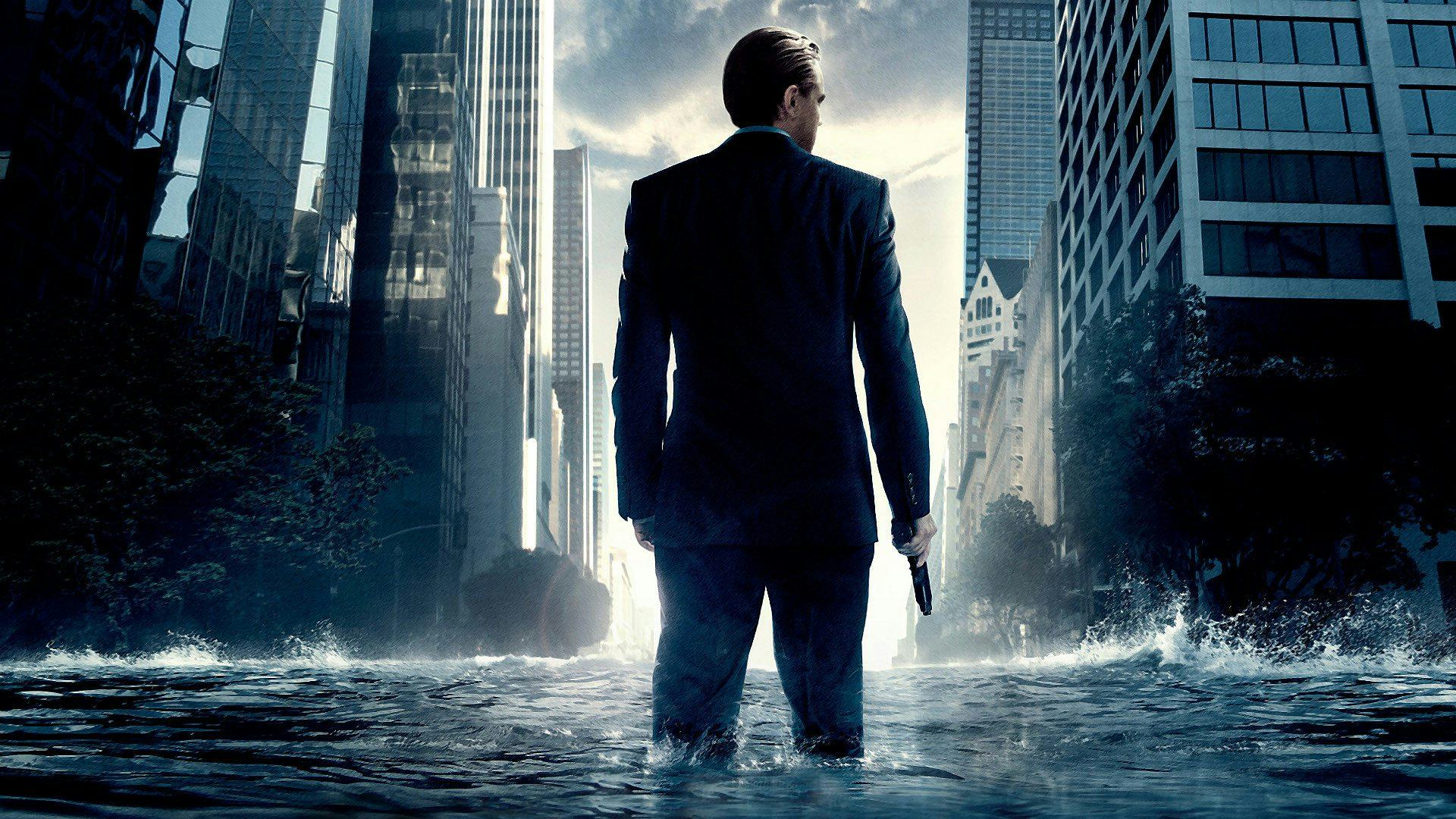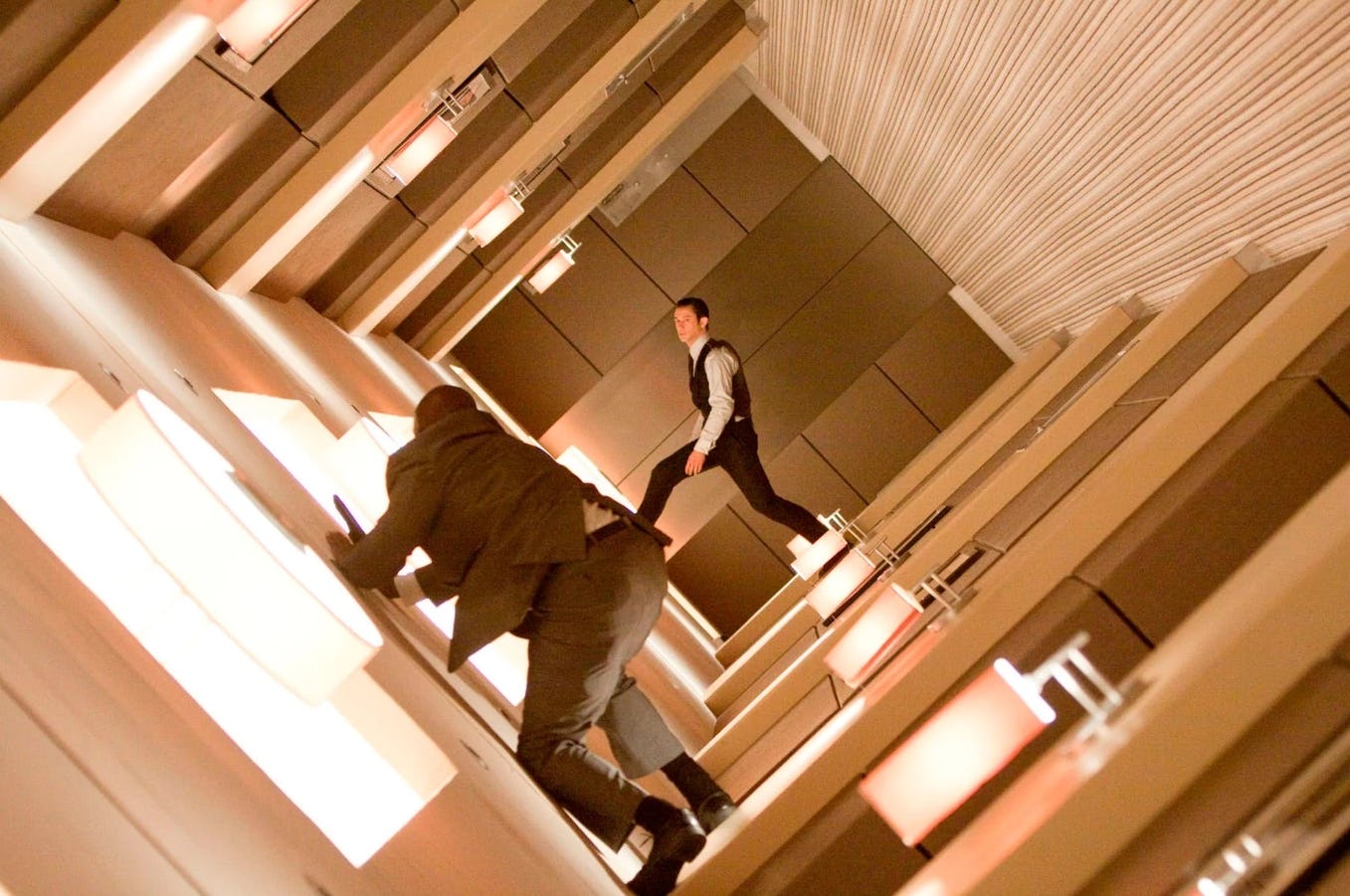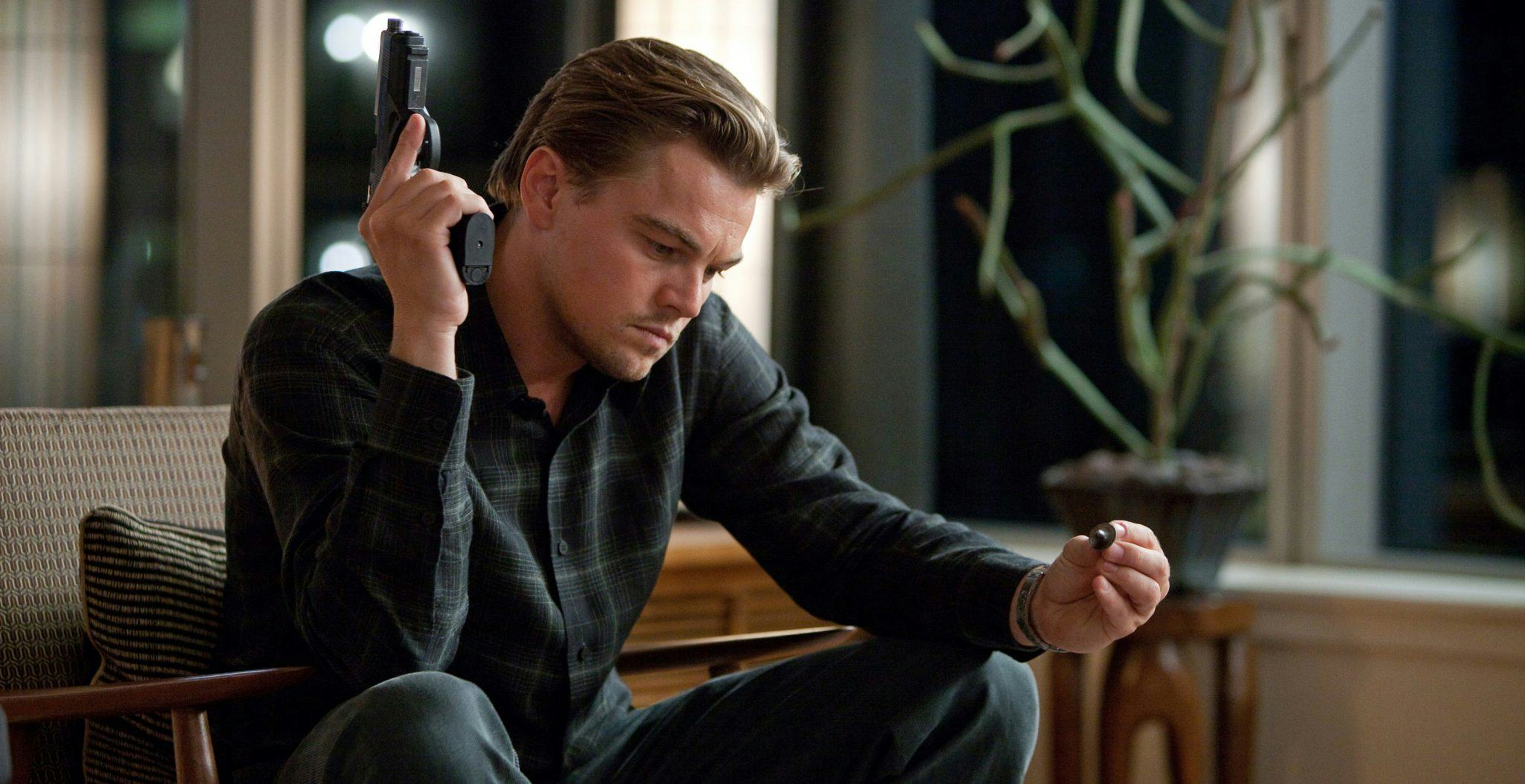
Two little words serve as our pop culture lodestone, powering internet traffic and dinner conversation alike: “ending explained.” Plug them into Google or YouTube and you’ll find everything from a video promising to tell you “what REALLY happened” at the end of 28 Years Later in a mere 40 minutes to “A Star Is Born ending explained: What happened to Jack?” published seven years after the Lady Gaga and Bradley Cooper remake made the answer to that question quite clear.
We have an apparently insatiable desire to “get” movies, to view their themes and emotions as data points to be slotted into our brains alongside our passwords and weekend plans. Maybe that’s because we so often reduce movie analysis to jigsaws made of tropes, or maybe it’s just because no one wants to admit that they walked out of Jurassic World Rebirth wondering where all those dinosaurs came from. Regardless, no movie fueled the explainer industrial complex like Inception, which hit theaters 15 years ago today and prompted countless people leaving those theaters to argue about whether that spinning top was destined to fall over.
Inception stars Leonardo DiCaprio as Dominic Cobb, a thief in a world where sci-fi tech allows people, willingly or otherwise, to share and manipulate dreams. Cobb and his crew are introduced as the best of the best when it comes to extracting corporate secrets from unwitting targets, but corporate titan Saito (Ken Watanabe) presents Cobb with a supposedly impossible challenge. Rather than steal an idea from Saito’s rival, Cobb is asked to implant one.
Inception can certainly leave inattentive viewers feeling the need for supplementary texts, as its literal dream-logic becomes a labyrinth of rules governing how dreams treat time, mortality, and dreaming itself. Even today, searching for “Inception explained” yields a steady stream of articles, videos, and Reddit threads, as fans and click-chasers attempt to puzzle out the logical nuances of Inception throwing its cast into dreams within dreams within dreams.
As a thriller, Inception does keep ruthlessly upping its stakes, but it also has a simple emotional core: Cobb just wants to get back to his kids. Blamed for the demise of his wife, who lost her mind in the couple’s shared dreamscape, Saito promises to clear Cobb’s record and allow him to reunite with his young children before their memories of him fade like… well, you know.

A bad man in a worse world, Cobb is willing to go through hell for a sliver of redemption, and that makes for a compelling character study in a setting that leaks cyberpunk dystopia around its edges. Corporations are powerful enough to murder and manipulate without consequence, while everyday people are all too willing to hide in endless dreams. Knowing that’s an option, watching a perpetually exhausted Cobb gamble on Saito’s word is powerful.
When director Christopher Nolan is at his worst, he gets so caught up in his ideas that he forgets to make you care about them — Tenet is a technical masterpiece with a heart of stone. At his best, however, all his quirks and wizardry fuel stories that, despite their apparent complexity, are straightforward when it matters. Inception is not, in fact, a complicated film at all, and that’s a compliment. There’s a man who wants something, there’s a job that will get him that something, and there are a few twists along the way. What more do you need?
One of Inception’s rules is that every dreamer needs a totem to help them distinguish reality from fiction, and Cobb spends the whole movie obsessively reassuring himself that he’s not stuck in the same dream that devoured his wife. In the end, though — in that endlessly debated and “explained” end — he abandons the practice. Cobb has made it home, and whether his children are real or a product of his mind no longer concerns him. What you think that says about him, and what your reaction might say about yourself, is the real debate material.

Many viewers were less content than Cobb was to sit with that ambiguity, but with respect to the fans who continue to bust out logic trees and stopwatches to insist that Inception’s ending is an unambiguous skeleton key, not everything needs to be explained. It’s a testament to Inception’s quality that we’re still debating it, but it also speaks to our continuing tendency to view movies as content, that nefarious word that makes “getting” something more important than experiencing it.
Maybe it wouldn’t produce as much content, but more genre movies — and the YouTubers that pick them apart — should learn from the side of Inception that put us in Cobb’s head, not the smarty-pants yammering about dream layers. That showmanship was a lot of fun, but in the end, we remember movies because of how they make us feel. And fittingly, watching Inception still feels like stumbling through a disquieting dream.







